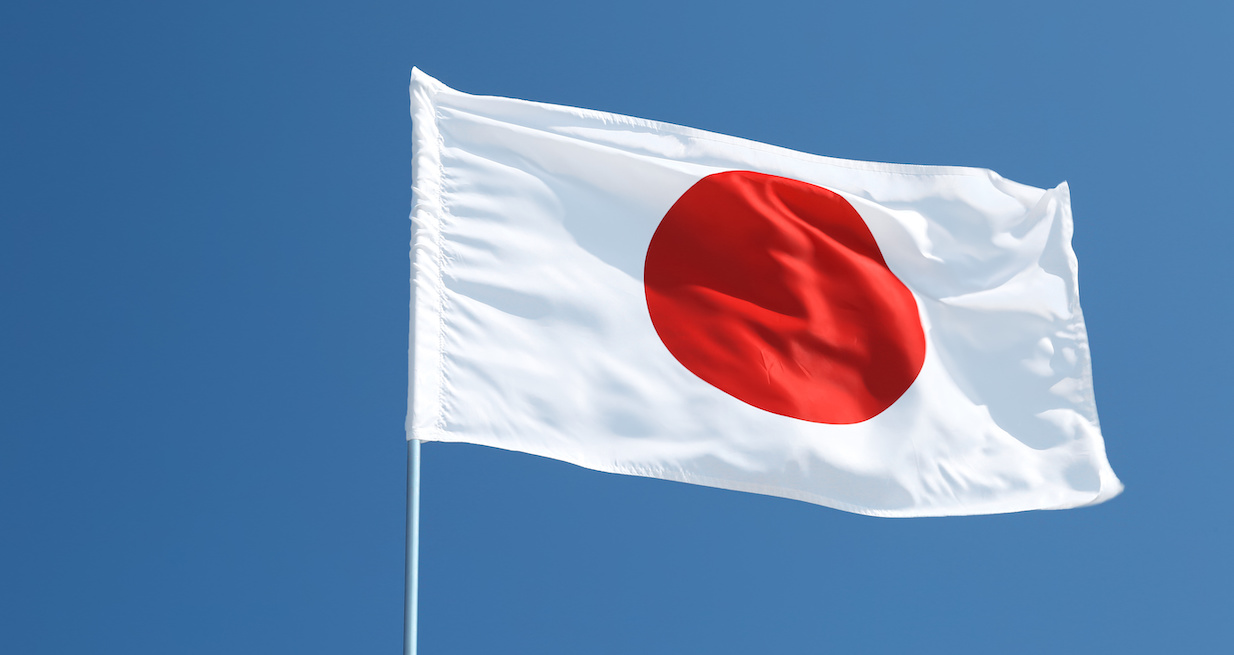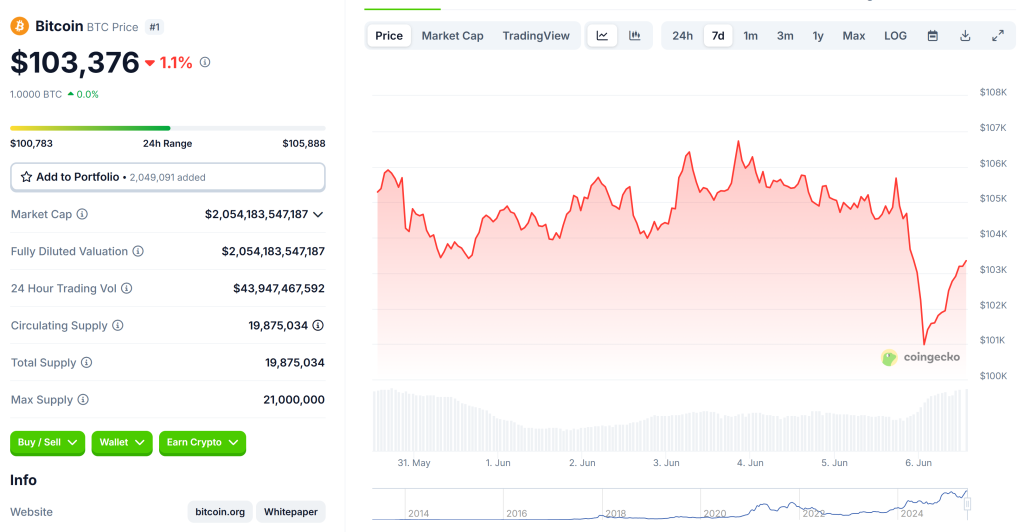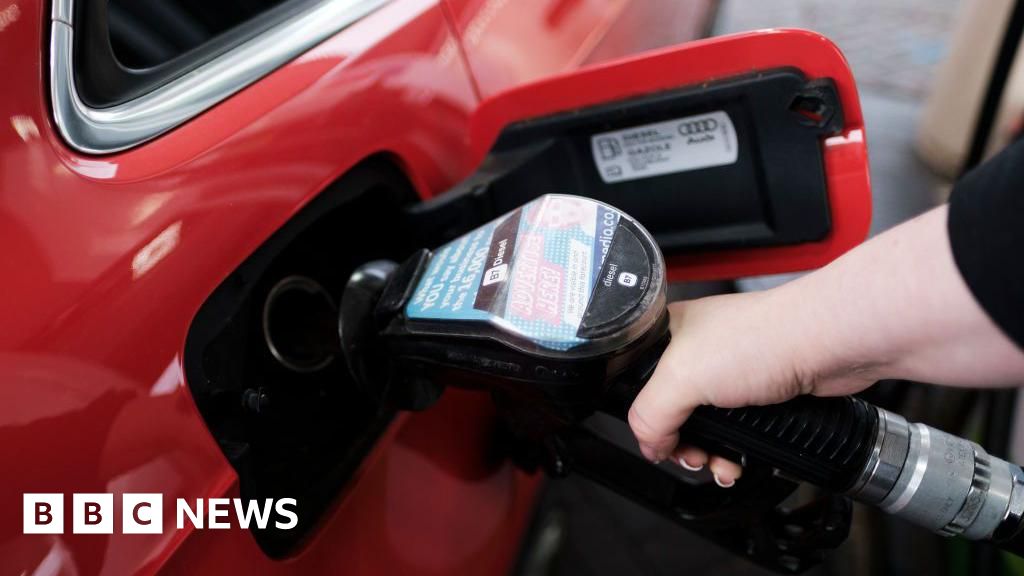MEXICO CITY, MEXICO – MARCH 18: Supporters of Lopez Obrador gather for the 85th anniversary of the … [+]
Getty Images
In 2023, Mexico’s controversial president, Andres Manuel López Obrador, continues to enjoy a high level of support from voters. López Obrador has relied on an authoritarian populist’s playbook of disparaging institutions and attacking critics. He has struggled to improve security. He has focused mainly on bolstering his own popularity and power and has failed to clearly explain what role he wants private industry to play in his vision for Mexico. López Obrador’s signature mega projects, including a train for tourists and an oil refinery in his home state, are still not finished. But, this is López Obrador’s last full year in office before the 2024 presidential election cycle begins. Over the last few weeks, foreign news outlets have published several interesting stories looking at López Obrador’s leadership style and policy track record.
On May 8, the Financial Times published this article about López Obrador’s efforts to push through last-minute legislation as he approaches the final months of his time in office before the 2024 presidential campaign cycle begins. In the article, Christine Murray explains, “In recent months, López Obrador has disparaged groups he says are working against him, including investigative journalists he labels ‘mercenaries’ and the Supreme Court, which he said defended powerful elites when it recently struck down legislation.”
On May 9, Courthouse News published this article about Mexican President López Obrador’s latest effort to undermine the independence of Mexico’s judiciary as the country’s Supreme Court takes measures to block parts of his legislative agenda. In the article, Cody Copeland quotes legal scholar Sergio Lopez Ayllon who explains, “Electing Supreme Court justices would radically change the court’s functions. It would cease to be a technical, legal, constitutional body to one of a political nature, and therefore it would lose the impartiality and independence characteristic of constitutional tribunals.”
On May 11, The Economist published this article about how Mexico’s organized crime groups are diversifying away from drug smuggling into an array of criminal rackets. “Gangs have diversified for several reasons. The security policies of Mr López Obrador… have given gangs room to expand. His approach to security… does little to confront existing gangs. This has let the groups deepen their expansion, which started a decade ago, into the legal economy,” the article explains. The Economist also published an excellent podcast on the same topic.
On May 22, InSight Crime published this article about organized crime groups using drones to attack residents in rural communities in order to seize land and take over territory. “This latest round of attacks…aims to force residents to abandon towns where community-led self-defense groups have sought to resist [a criminal] group’s expansion,” the article explains.
On May 29, the Associated Press published this article about the upcoming gubernatorial election in Mexico State. The election will likely see power transferred from the state’s long-dominated PRI party to the MORENA party of current President López Obrador. In the article, Mark Stevenson explains, “The race could also mark a high point for President Andrés Manuel López Obrador’s Morena party, which has imitated — and largely replaced — the old PRI across the rest of Mexico.” The article also quotes a Mexican political analyst who points out MORENA’s similarity to the old PRI party. “The old guard that has always been there are governing within a new party. It is the PRI mutating into Morena,” he says.
Additional resource: Why Is Mexico’s President So Hostile To Solar Energy Investment?
Credit: Source link










